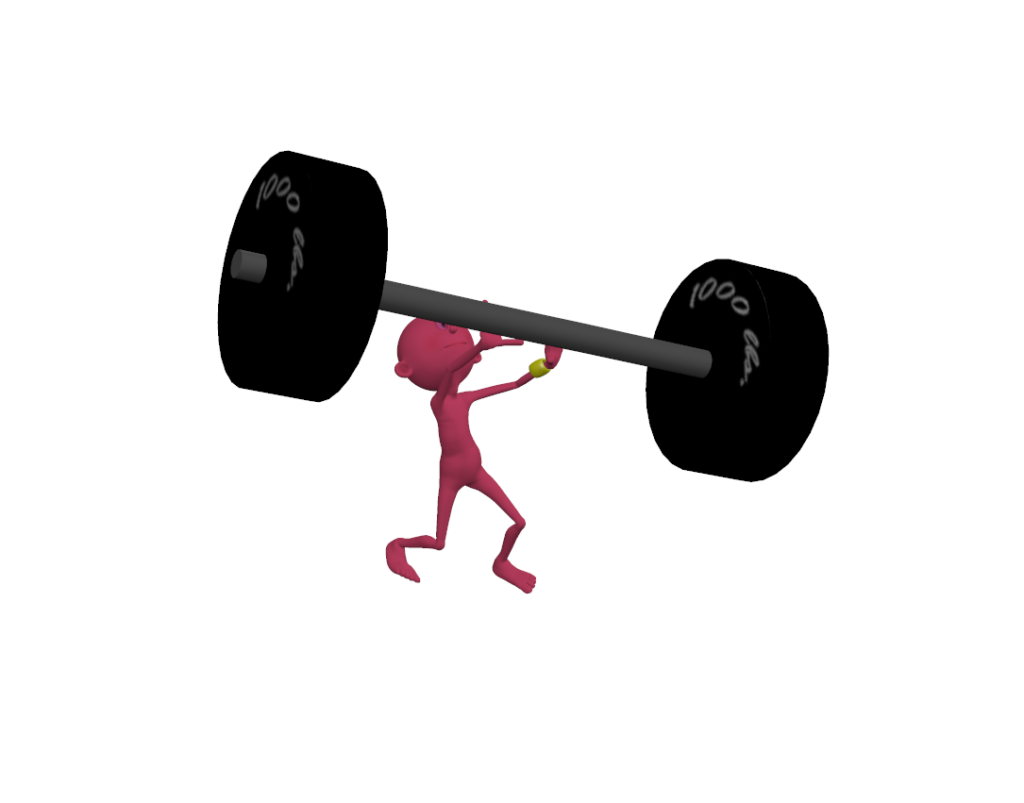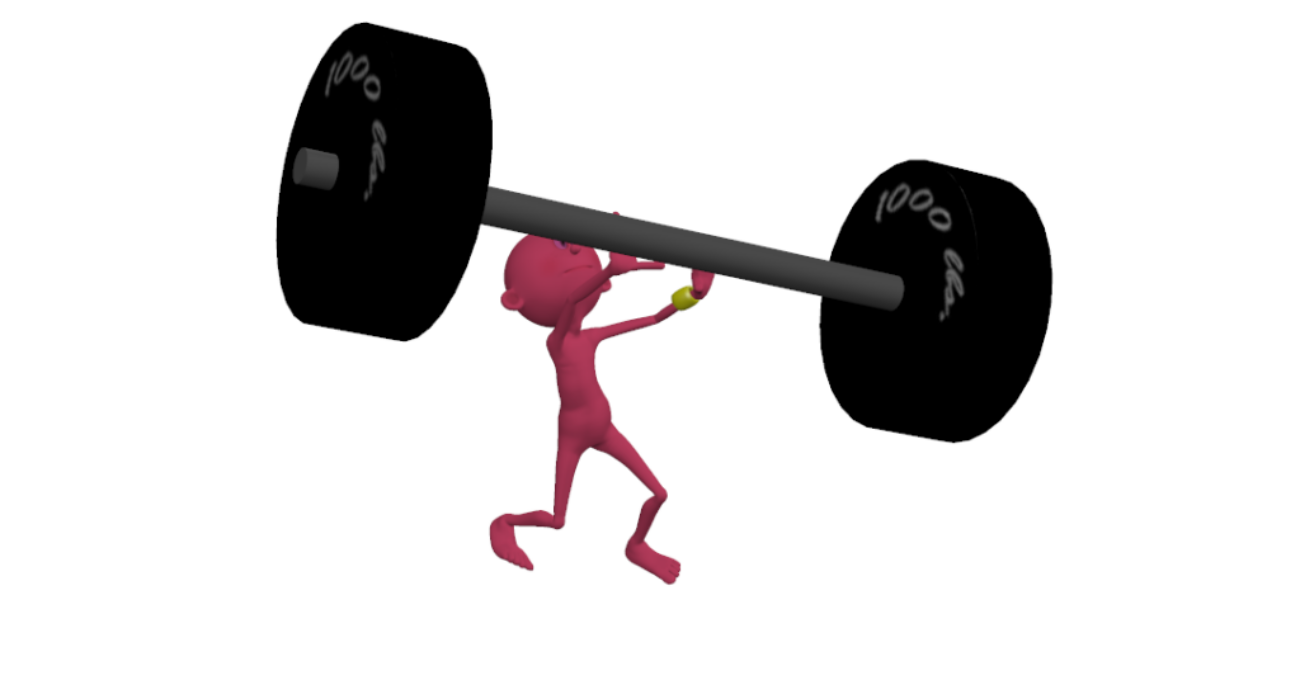I think therefore I am
Gimmicks and fads have been ‘part and parcel’ of societies for centuries. We only need to look to some of the medical treatments employed throughout the ages. Bloodletting, supposedly a fad treatment for a range of maladies, has documented use as far back as 3,000 years ago. Yet that fad was still in vogue up until the middle of the 19th century. What could have possibly kept it going? The number of patients who swore that they had been cured by losing a bit of blood likely had a bit to do with it and kept the practice ticking over in spite of improved understanding of circulation.
We would probably suggest that those reported positive responses were all simply placebo effect! Such a disparaging term! But I have to
admit, I’ve always been pretty scathing of things that I label placebo. We all know that a placebo is a substance or method that is given along with the suggestion that it will truly make a difference to a symptom or a condition. Placebos are likely best known for their use in drug trials to demonstrate the efficacy of new medications.It was only when I was reading a book by David Howe (2004) on pain and injury in rugby, that I started to think a bit differently about placebos. Howe points out that placebos work way more often than a lot of supposedly superior scientific treatments or methods. Food for thought, and sure enough, Turner et al (1994) confirm that the generally accepted success rate of placebo medical treatments and procedures is about 33% – that seems pretty powerful! In terms of sporting performance, a review by Berdi et al (2011) found a placebo effect size of 0.31. In plain terms that effect size means that around 60% of those receiving placebo are going to perform better than those who didn’t. You are going to say its all in their minds, and you’re right. But maybe, just maybe, there’s room for some critical thinking here. The 10th man might ask how we can possibly differentiate between bona fide interventions and placebos, particularly when we read some of the research studies that show fairly small positive effects.

Howe (1994) points out with so much commercial emphasis on sport (and fitness) these days, consumers are being swamped with a whole host of possible placebos; sports drinks, compression wear for recovery, gadgets, supplements, and training methods. These are all marketed on the basis of impressive promises, and we line up to buy them with our beliefs, hopes and expectations that they will indeed make a meaningful difference. Any treatment or intervention has physiological and psychological effects on and these are interrelated, so it becomes difficult to differentiate real from placebo.` If we throw in respect and trust for the person providing the intervention, we have a pretty complex situation that will determine whether the individual has a positive response, and yes, according to Berdi et al (2011), some people are placebo non-responders. A great study by Schafer et al (2015) used a placebo cream to ostensibly reduce pain. As expected the placebo cream provided pain relief for many. That’s startling stuff. Even after participants were told that the cream was a sham – didn’t work – all in your mind, they continued to report pain relief. Remarkable how we can be conditioned to believe so strongly in something.
So the things that I start to think about as a 10th man are the sustainability of placebos. If I’m responding to placebo interventions and my knee feels better or my bench press seems easier, will I continue to benefit or will there come a time when I start to realise that I was being tricked. Then I think about the potential for harm. If the treatment or supplement isn’t really effective – but you feel like you are getting a benefit, where is the harm? In terms of professional ethics, I have a problem with the idea that we seek to perpetuate the myth that a placebo actually does have a beneficial effect. It concerns me that an alternative treatment or a better training programme could actually have made a difference in a person’s life, but we are keeping them in the dark and not really advancing our understanding and thinking. It also really bugs me that people will observe their role models, and spend money and effort emulating those role model’s training, equipment and supplements. Are we not harnessing placebo every time we present a new training programme, gadget or supplement with the promise that it is going to help you recover better, run faster? What if someone took a placebo banned substance? The intent was there, they maybe got a bit of placebo benefit over their opponents, but they test negative. Did they cheat? Ahhh – it’s such a tricky area, which makes it perfect for the 10th man.
I’ll close with a great placebo quote from former All Black Zinzan Brooke who was struggling to get his Achilles tendon healthy before a World Cup campaign. Asked if he considered trying a hyperbaric chamber, he replied “Mate, I’d put a fried egg on it if somebody said it would help”. Imagine where the poultry industry would be with that!
Best, Phil
